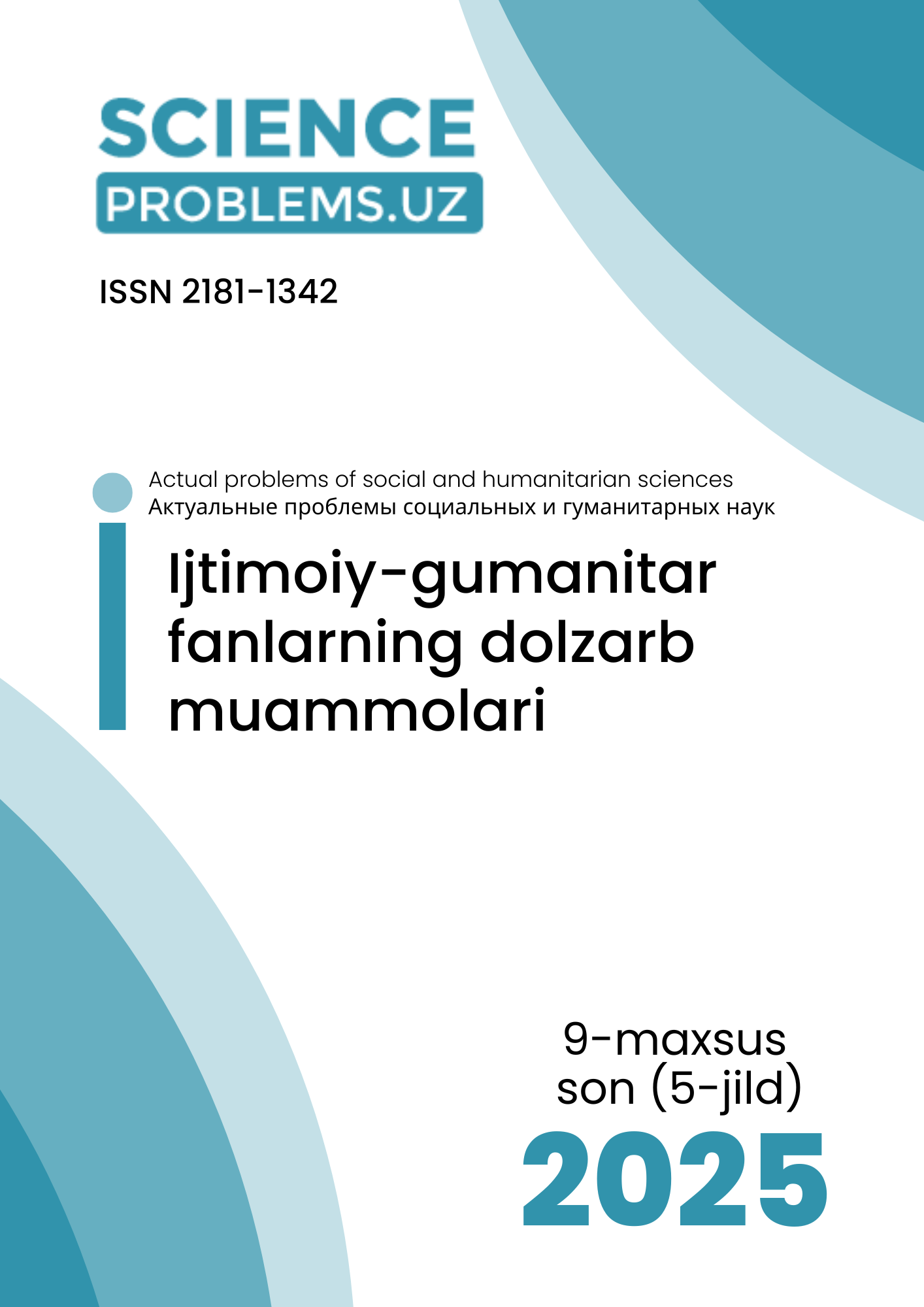ARTIFICIAL INTELLIGENCE AND HUMAN RIGHTS: THEORETICAL AND LEGAL FOUNDATIONS
DOI:
https://doi.org/10.47390/SPR1342V5SI9Y2025N78Keywords:
artificial intelligence, human rights, legal regulation, digital rights, ethical SI, international law, technological policyAbstract
This article analyzes the theoretical and legal foundations of human rights in the context of the rapid development of artificial intelligence (SI) technologies. The study explores the concept and stages of development of SI, modern human rights concepts, and the interplay between these two areas. Based on literature analysis, the article reveals the impact of SI development on human rights, the effectiveness of existing legal mechanisms and the challenges facing the global community. The summary section provides recommendations for improving legal regulation in the SI field.
References
1. Eubanks, V. (2018). Automating Inequality: How High-Tech Tools Profile, Police, and Punish the Poor. New York: St. Martin's Press.
2. O'Neil, C. (2016). Weapons of Math Destruction: How Big Data Increases Inequality and Threatens Democracy. New York: Crown Publishers.
3. Zuboff, S. (2019). The Age of Surveillance Capitalism: The Fight for a Human Future at the New Frontier of Power. New York: Public Affairs.
4. Russell, S., & Norvig, P. (2020). Artificial Intelligence: A Modern Approach. 4th edition. Pearson Education Limited.
5. Bostrom, N. (2014). Superintelligence: Paths, Dangers, Strategies. Oxford: Oxford University Press.
6. Risse, M. (2019). Human Rights and Artificial Intelligence: An Urgently Needed Agenda. Human Rights Quarterly, 41(1), 1-16.
7. European Commission. (2021). Proposal for a Regulation on a European Approach for Artificial Intelligence. Brussels: European Commission.
8. Yunusov, O. (2022). O'zbekistonda sun'iy intellekt sohasidagi huquqiy tartibga solish muammolari. Huquq va innovatsion texnologiyalar, 3(2), 45-58.
9. Nazmutdinov, B. (2021). Pravovoe regulirovanie iskusstvennogo intellekta v Rossii i mire. Journal of Law and Digital Technologies, 2(1), 24-36.
10. United Nations. (2011). Guiding Principles on Business and Human Rights. New York and Geneva: United Nations.
11. The Toronto Declaration: Protecting the right to equality and non-discrimination in machine learning systems. (2018). Amnesty International & Access Now. https://www.accessnow.org/the-toronto-declaration-protecting-the-rights-to-equality-and-non-discrimination-in-machine-learning-systems/








